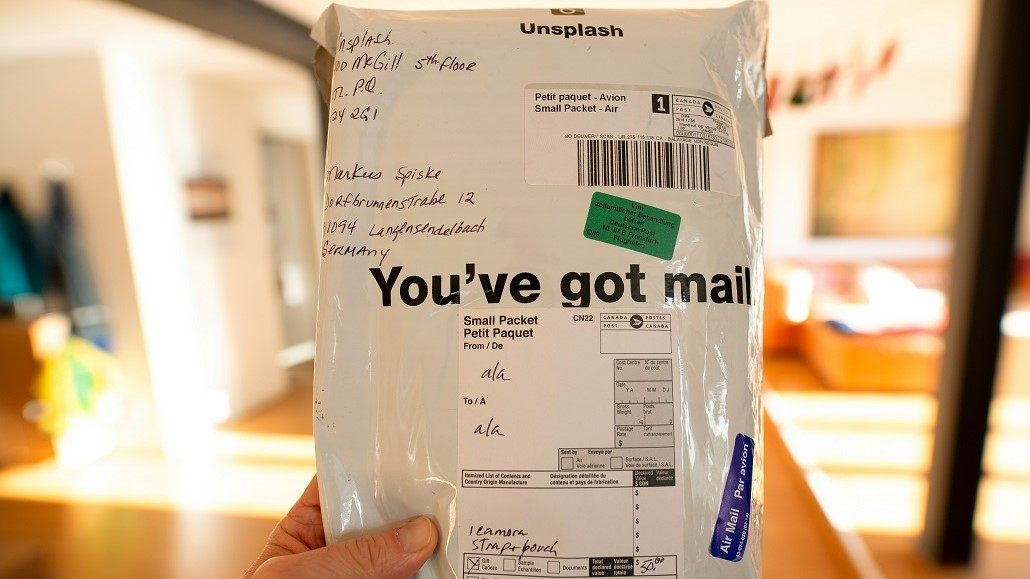The de minimis rule in the UK currently allows international retailers to import goods without incurring duties on shipments valued at less than £135. However, items exceeding this amount can face customs charges of up to 25%. Each day, around 1.6 million parcels enter the UK under this tariff exemption.
This situation has become a source of frustration for many UK retailers, who argue that ultrafast fashion companies such as Shein and Temu exploit this rule by flooding the market with low-cost imports, thus creating an unequal playing field for local businesses.
Earlier this year, the government agreed to review the de minimis rule, shortly after the United States announced plans to eliminate this trade benefit altogether.
Following this review, the UK Treasury confirmed it will phase out the benefit by March 2029, according to The Times.
“I’m backing Britain’s high streets and the businesses that power them,” Reeves stated. “It’s time to make sure our local shops can compete fairly with overseas sellers and keep driving growth and good jobs across the UK.”
Rather than eliminating the exemption immediately, Reeves has chosen to implement a gradual phase-out. This decision stems from concerns that an abrupt change could overwhelm border procedures and disrupt logistics for brands and suppliers.
The chancellor is set to initiate a consultation on how to design and introduce the new customs arrangements for low-value imports, with detailed proposals expected in the coming months.
In an open letter to the UK government regarding the decision, Steven Bethell, founder of Bank & Vogue and co-founder of Beyond Retro, called for urgent measures to address the adverse effects of the de minimis rule, which he believes “allows ultra-fast fashion companies to flood the UK market with untaxed, unregulated, and unsustainable clothing.”
“We are keen to compete,” Bethell emphasized, “but it has to be on a level playing field. Those of us who are paying taxes, following the rules, and investing in sustainable fashion innovation are being placed at a clear disadvantage.”
Bethell highlighted the ripple effects across the fashion ecosystem, affecting small retailers and charities that rely on sales of second-hand clothing to fund essential community support.
“So many amazing charities across the UK raise funds through second-hand clothing,” he continued. “As ultra-cheap fashion floods the market, these charities are being pushed out—and with them, the essential social programmes they sustain.”
Beyond the economic and social implications, Bethell criticized the hypocrisy and misinformation disseminated by certain ultrafast fashion brands that are funding campaigns to undermine the global second-hand clothing market. “It is shocking that companies that avoid paying taxes are now financing multi-million dollar lobbying efforts—disguised as charity—to undermine the circular economy,” he remarked. “They are hurting businesses, hurting charities, and hurting the very people those charities exist to help.”
“This is not just about fairness in trade. It’s about the integrity of our fashion system, the survival of our charities, and the future of a circular economy built on responsibility and reuse.”

































